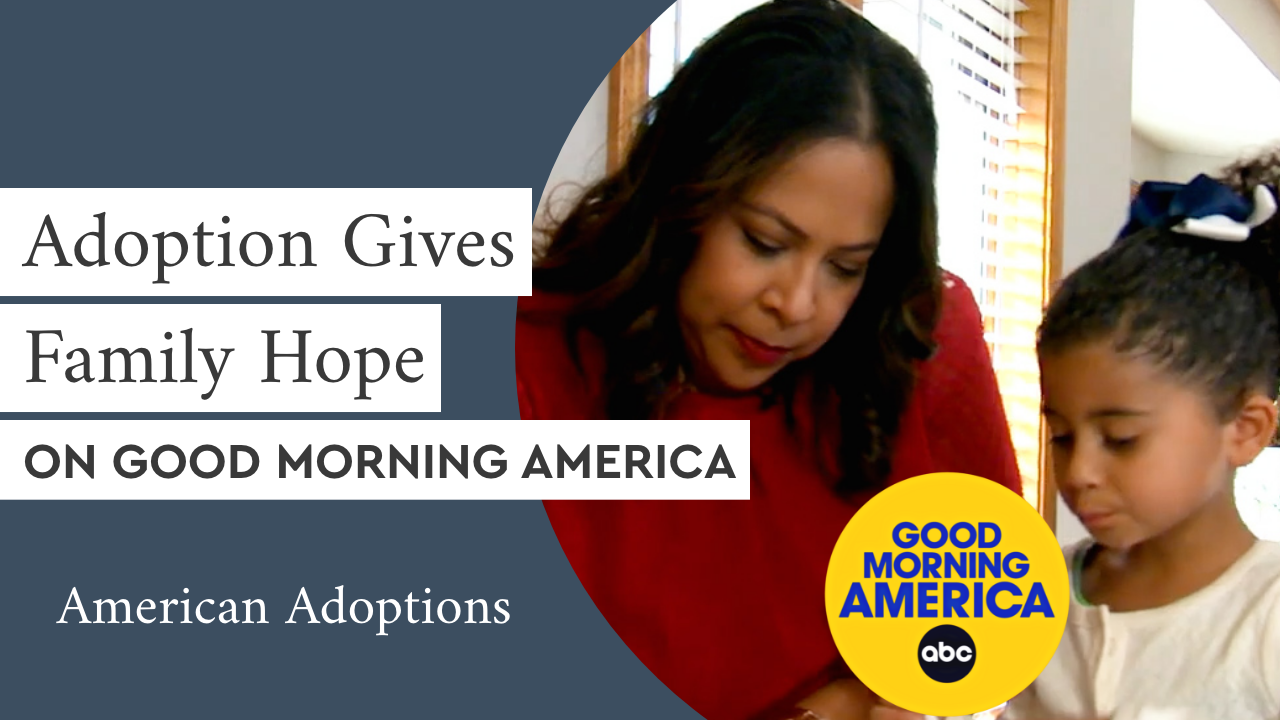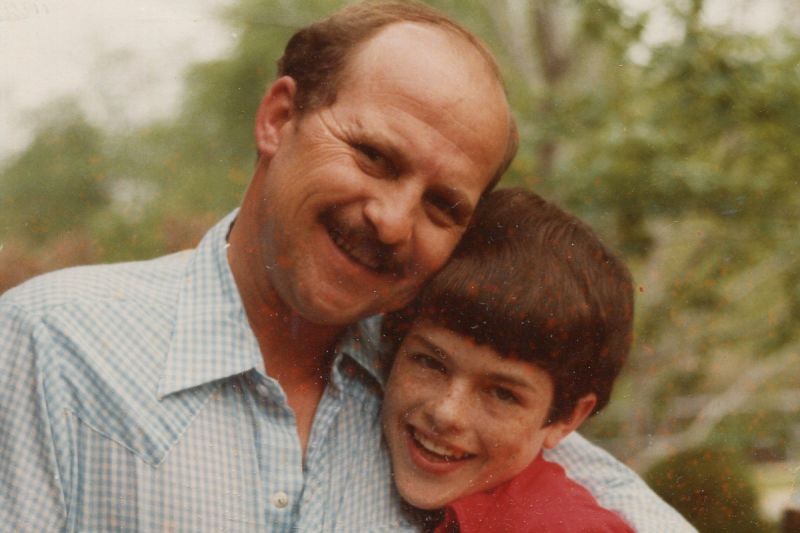What Are My Infertility Options?
6 Family-Building Options for Infertile Couples

From adoption to surrogacy, to IVF and other medical technologies, there are plenty of options for infertile couples. Struggling to become pregnant doesn’t have to be the end of your dreams for building a family.
You can discuss your infertility options with a professional by calling 1-800-ADOPTION or by clicking here.
So many couples always imagine themselves conceiving naturally and becoming pregnant, adding to their family the “traditional” way. It can feel unfair when you realize this will never become your reality.
But rather than being just the end of a dream, an infertility diagnosis can be the start of a new journey for your family. In this article, we’ll explore six common infertility options, so you can begin thinking about which one might be best for your family.
If you're a prospective birth mother considering placing your child for adoption, or you're interested in becoming a surrogate, you can learn more about how your choice of either adoption or surrogacy helps an amazing family struggling with infertility.
You can get more information or call a professional at 1-800-ADOPTION today.
1. Adoption
Adoption is when a parent brings a child they are not genetically related to into their family. In this family-building method, the adoptive parents have nothing to do with the conception of the child. There are many different forms of modern-day adoption, including:
Adoption, of course, is not a cure for infertility. Rather, this is a separate family-building method for families who are more interested in being parents than being pregnant or having a genetic relationship to a child.
2. Surrogacy
If a couple cannot carry a child themselves, whether for medical reasons or because the intended parent is a single male or a gay male couple, surrogacy can be an amazing experience. In this option for infertile couples, an embryo is either donated or created by the intended parents before being implanted into a surrogate’s uterus. The surrogate will carry and deliver the child for the intended parents.
To learn more about the surrogacy process and whether it might be an option for you, contact our sister company, American Surrogacy.
3. Fertility Drugs
The first step for many couples exploring their infertility options is often to try taking fertility drugs. A reproductive endocrinologist will typically examine both partners to see what could be causing infertility before prescribing medication that may increase sperm production and quality, stimulate ovulation, thicken the uterine lining, and more. It’s important to talk openly and honestly with your doctor to learn which medications may be most helpful for you and your partner.
4. Medical Procedures
If fertility drugs don’t work, a couple typically begins to consider their options for infertility in the form of assisted reproductive technology (ART). Depending on your circumstances, your reproductive endocrinologist may advise any of the following ART procedures:
5. Sperm, Egg or Embryo Donation
Sometimes it happens that an intended parent does not have a viable egg or sperm for the embryo-creation process, in which case the intended parents may pursue a gamete donation as one of their options for infertility. If this is the path taken, one parent will have a genetic connection to the child, even if both of them can’t. Gamete donation is also frequently used in cases of same-sex family building, when a lesbian couple needs a sperm donation or a male couple needs an egg donation. Of course, if neither parent has a healthy egg or sperm, you can also pursue an embryo donation.
6. Living Child-Free
The final choice for a couple considering their infertility options is to live child-free. If you and your partner both come to decide (after very serious consideration) that you would prefer to live without children, that is perfectly okay. Not everyone has to be a parent, and it is completely possible to feel happy and fulfilled without adding children to your family.
Interested in talking more about your infertility options? American Adoptions has social workers on staff who can help you to talk about your options for infertility. You can get help now.
Disclaimer
Information available through these links is the sole property of the companies and organizations listed therein. American Adoptions provides this information as a courtesy and is in no way responsible for its content or accuracy.

